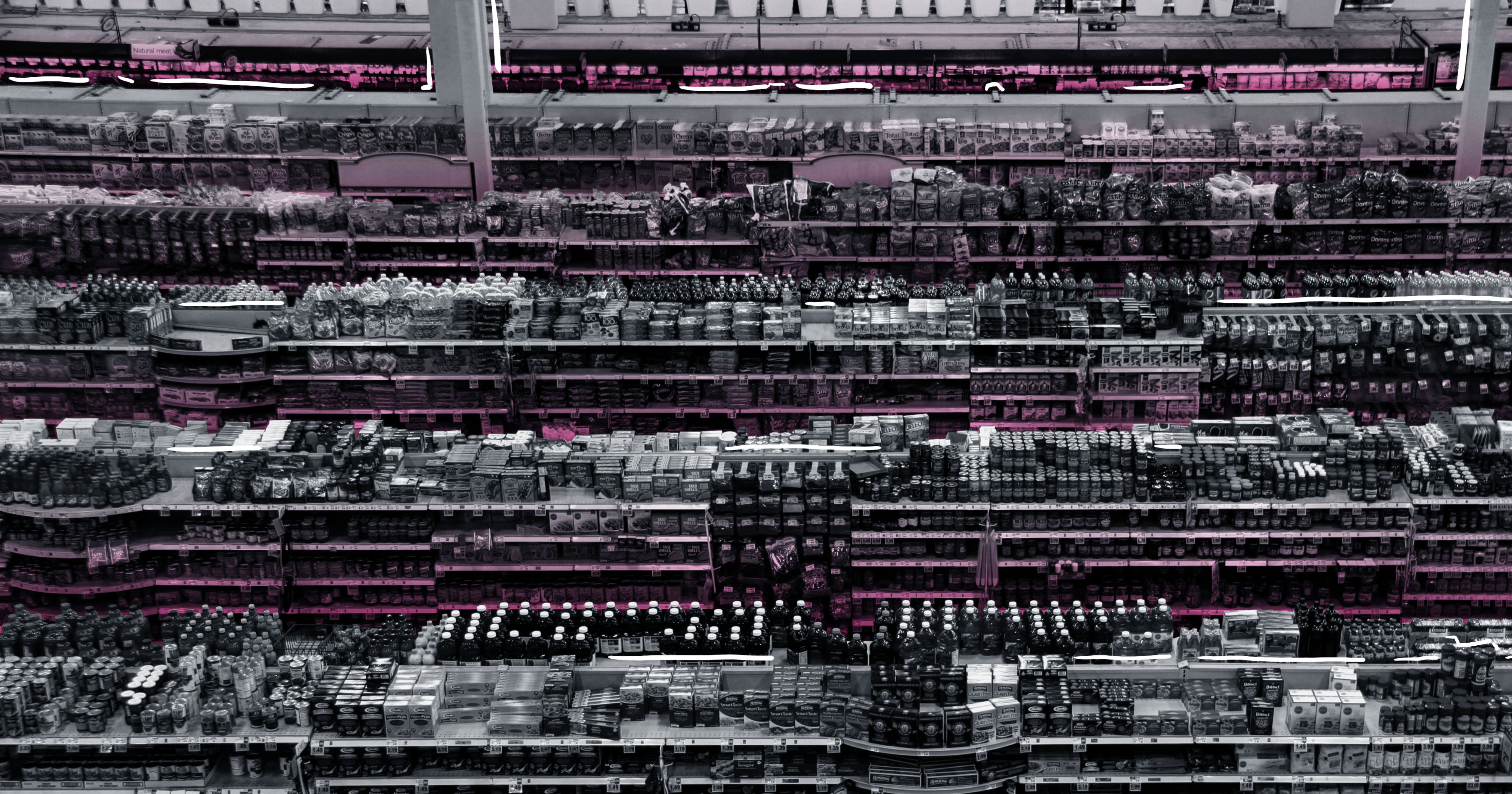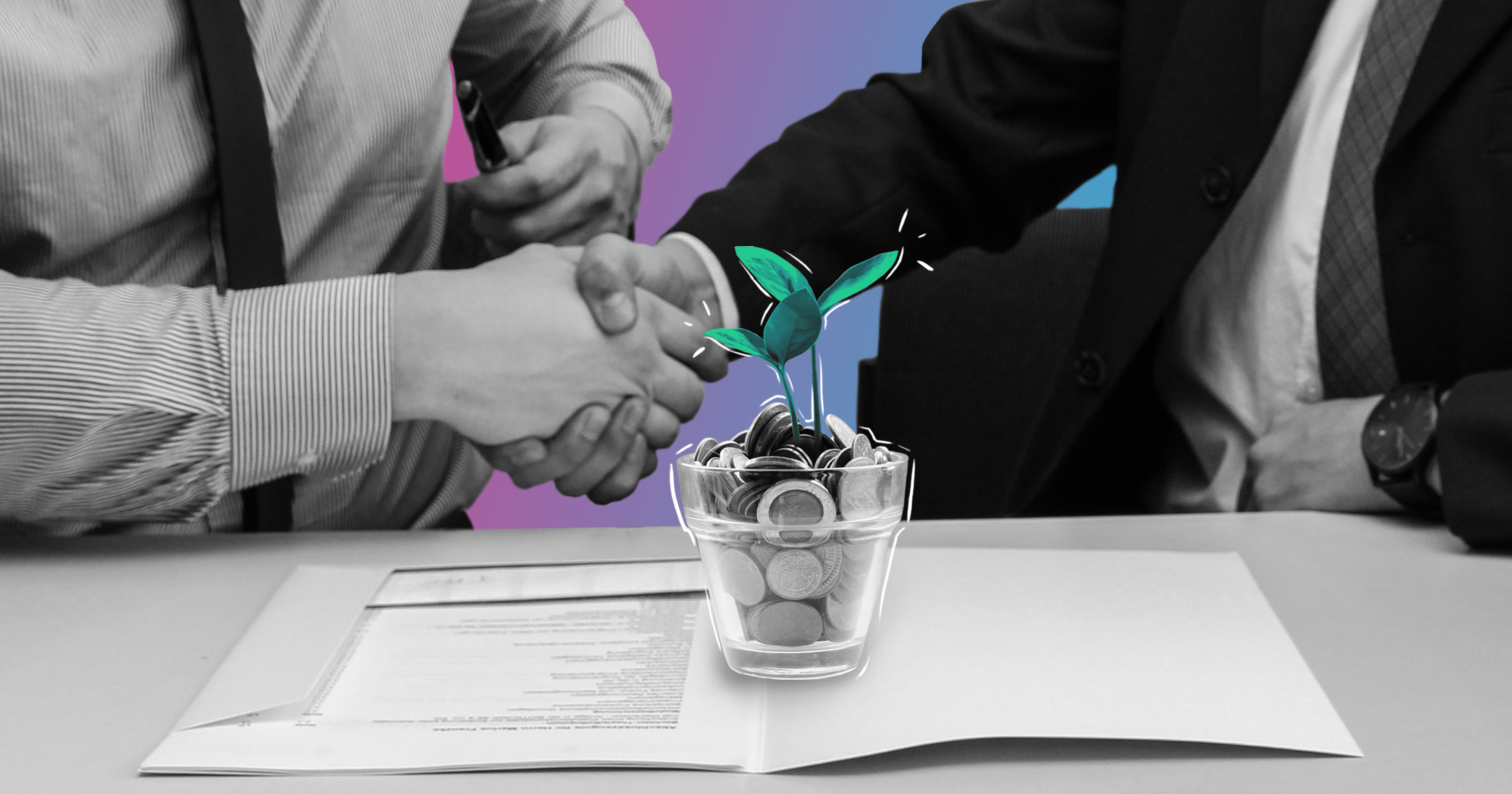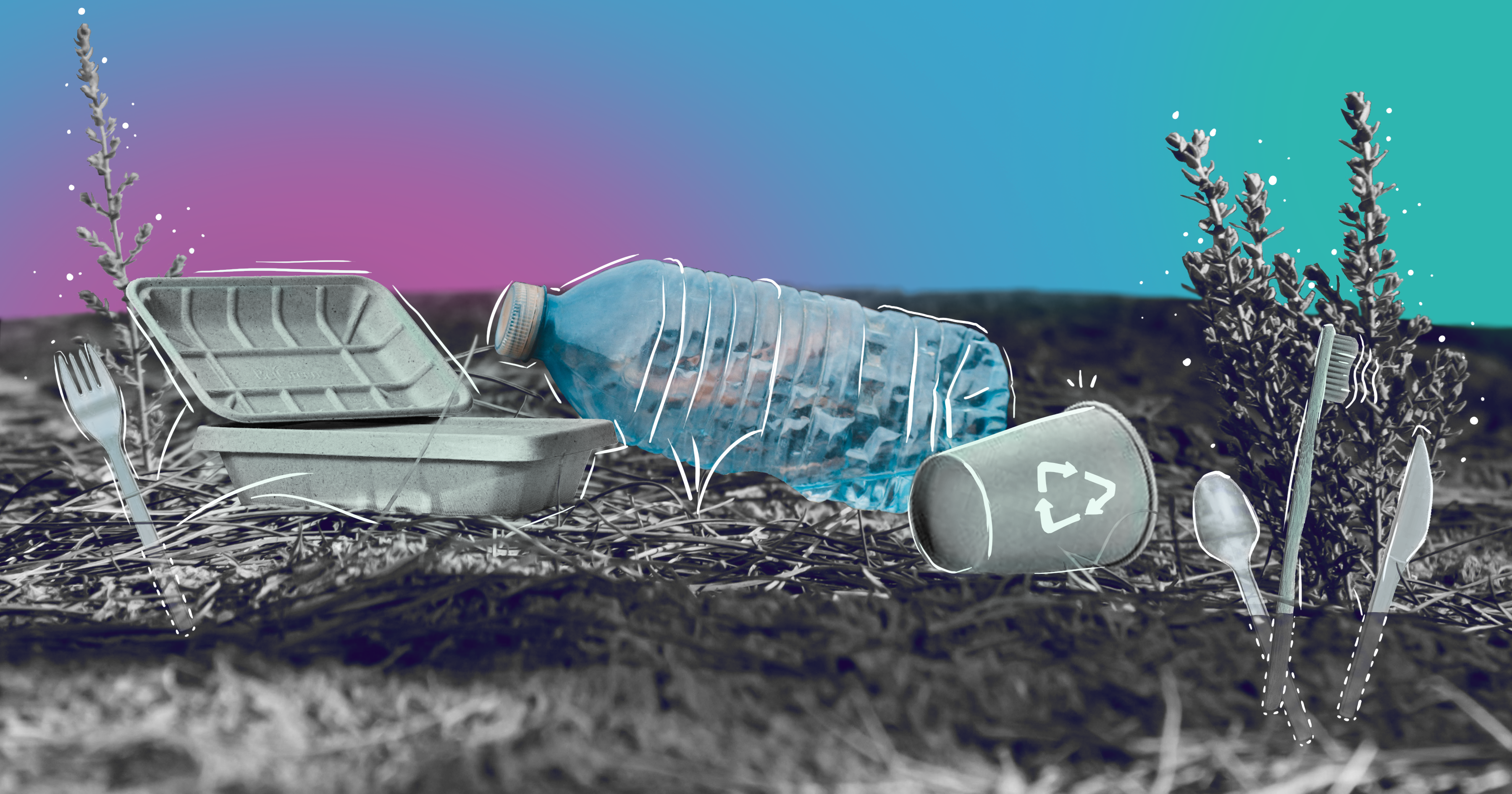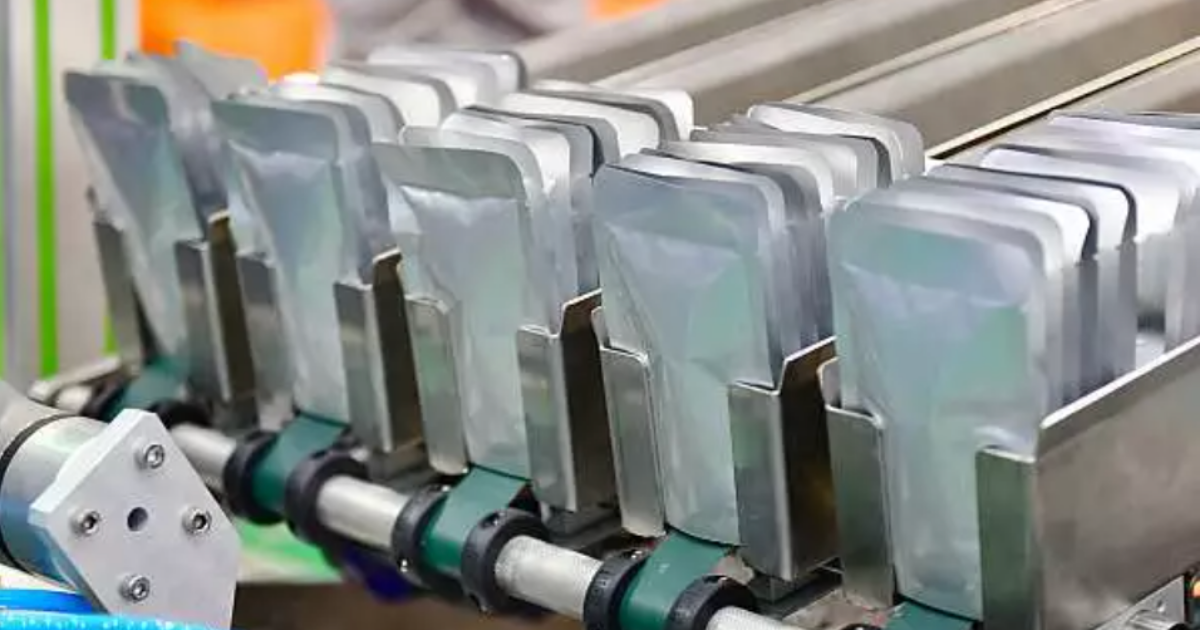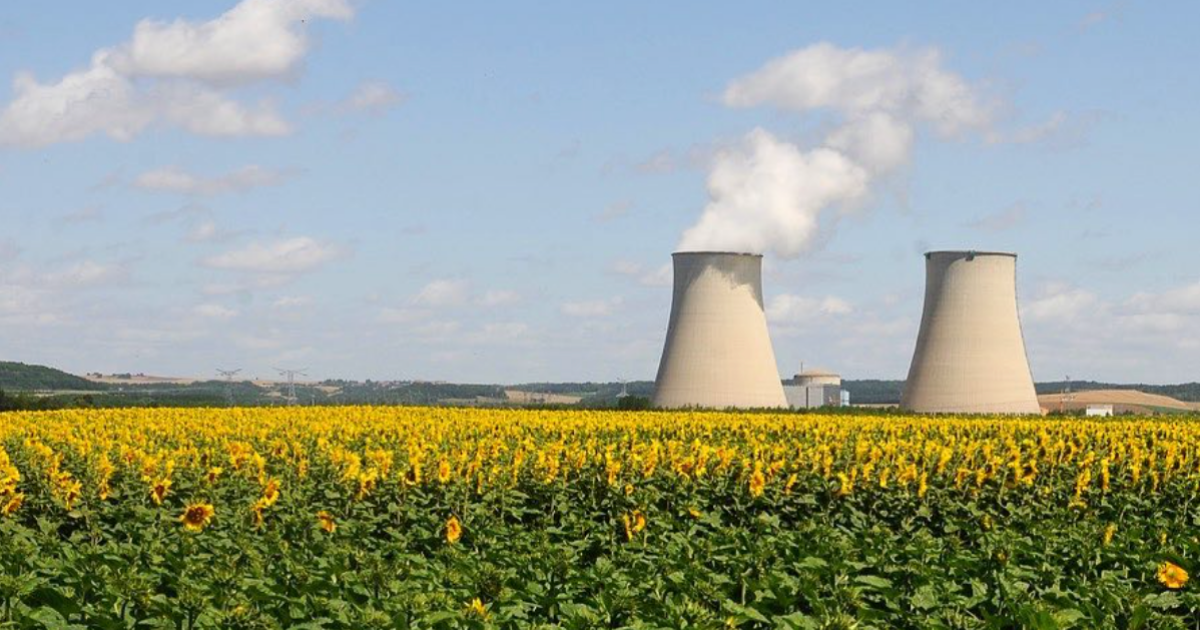Sustainable packaging is a cornerstone focus of the venture community, multinational companies and startups alike.
Ahead of the Rethinking Materials conference on May 4-5, we sat down with Maisie Devine from ABInBev and Ved Krishna from Pakka Inc. to hear how corporates and startups are accelerating sustainable packaging through partnership.
What do you do, and how did you get involved in sustainable packaging?
Maisie Devine: I am the Executive Global Director of the 100+ Accelerator program at ABInBev. It’s an initiative that we started back in 2018 when we announced our new set of corporate sustainability goals.
We had a robust plan of how we were going to achieve them, but they were pretty ambitious. We knew that we didn’t have all of the answers to get all the way there with what we currently had in place in our plans, so we had to look to entrepreneurs, innovators, scientists, and technologists to find those new innovations. We went through that process of trying to figure out what our big challenges were that would prevent us from hitting the goals, publish them openly, and then would engage with startups to try and find solutions.
As a part of this program, we thought about how we could provide value to these startups. We could be the biggest client that these startups ever have. In service to that, we put into place a pilot to validate those solutions within our own supply chain. We allocate up to $100,000 per pilot, in hopes of later moving to a full commercial contract with us to scale it.
As part of this program, we thought about how we could provide value to these startups. We could be the biggest client that these startups ever have.
Maisie Devine
Ved Krishna: I am part of a company called Pakka Inc. where we invest in regenerated packaging. With the size of the challenge ahead of us, our goal is to scale and move beyond boutique investments.
It all started when I inherited a pulp and paper company from my father. It was a real challenge for me because I was a complete environmentalist at heart. The question was rather than running away, would it make more sense to stay? If I stayed, I could make a change, but if I ran away I couldn’t be sure somebody else would be there to make a change.
We went through a big sort of financial doldrums. I realized that we were totally in the packaging space, but we had no influence. This is back in 2012, so about 10 years back. We totally shifted our focus to how we can solve challenges in food packaging, food transportation, and food service. That’s how the journey began. Since then, we’ve come up with products and ideas and investments. And, I fired myself from the operational responsibilities and hired better people to run that show. I now can strategize and look at investment, which keeps me happy.
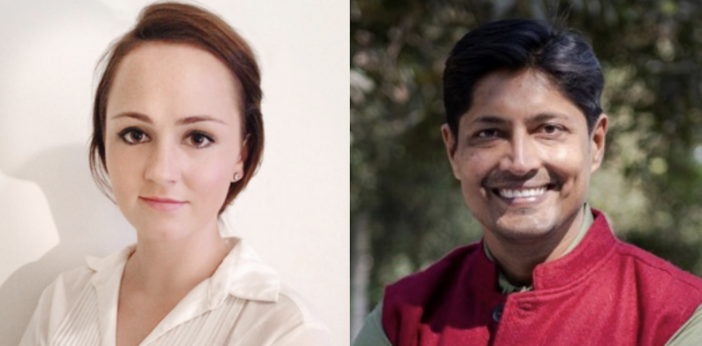
When we talk about packaging innovation, many think of new technologies or materials. What kind of corporate innovations like new models of collaboration or investment strategies do you see in this field?
VK: Even as a relatively established operation with investments and bankers supporting us, we had such a tough time in finding the right technologies and finding the right partners. It’s such a funny story. We scanned the whole world for a certain kind of machine and ordered the machine, yet we had completely missed the biggest manufacturer. Information was so scarce, and others were likely facing the same challenge.
In fact, we’ll be launching a platform called the Global Compostables Alliance at Rethinking Materials. We’ve been working for the past couple of years to accumulate information for those who want to get into compostable packaging. If that person wants to find the right machine, they should just be able to find it at a click of a button and see reviews from others. The whole database is there for people to find chemical suppliers, consultants, technologists, and more.
We feel the big disruption and push for collaboration is going to be in the technology space, and we want to enable more organizations and innovators to grow and find resources.
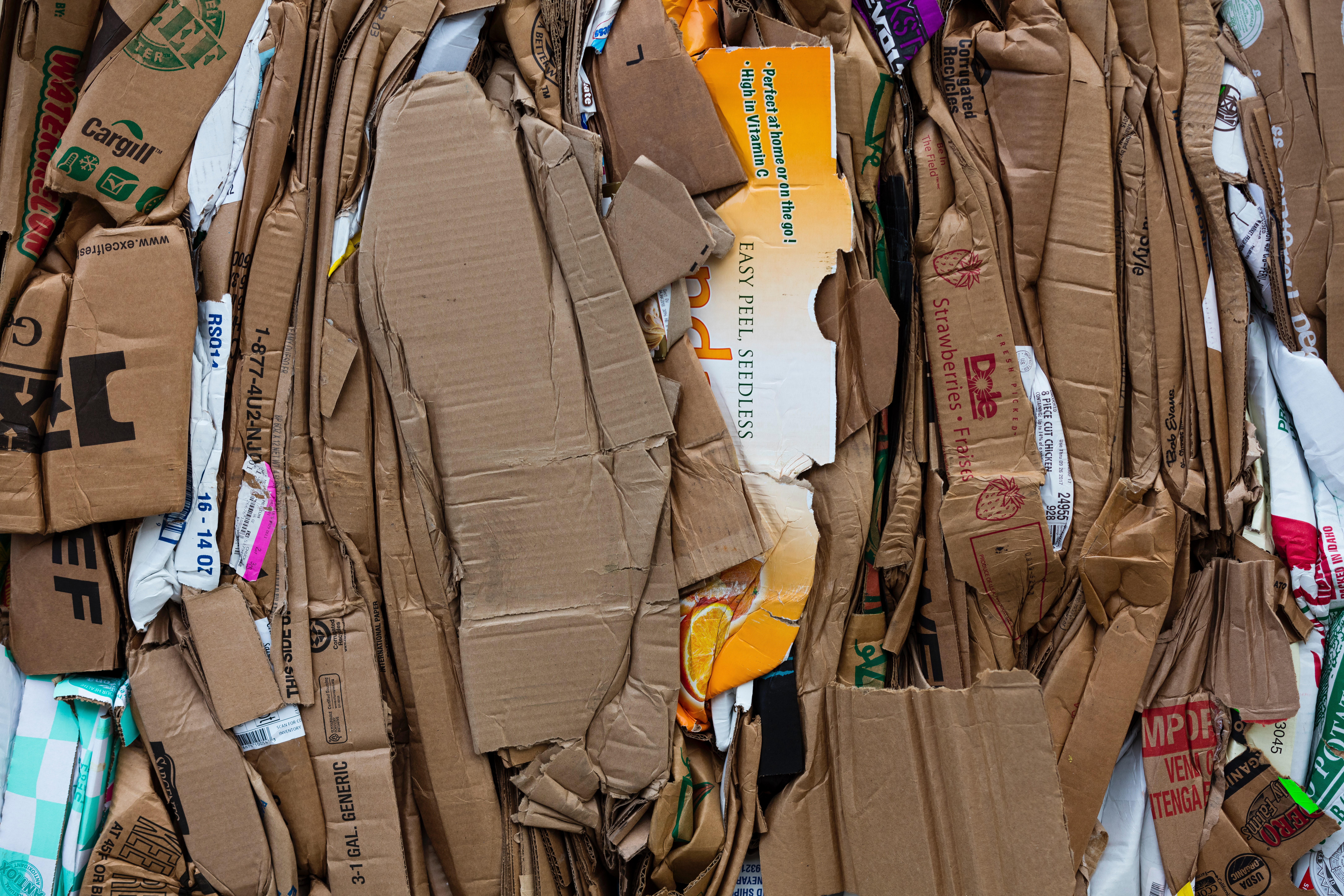
If you could create one piece of legislation to promote investment in sustainable packaging solutions, what would it be, and why?
VK: It’s just one thing, and it’s totally disruptive. Governments should just offer a single dustbin. Right now, we need to think about how every piece of garbage should be segregated, but with this all packaging, all foodstuffs, all garden waste, everything goes into one large bin. Everything that households put out the dustbin should go into composting to become material for something else. Our old computers and chairs and tables and fridges, those need to be repurposed, and people need to pay for that repurpose.
If only those two things happen, people will hopefully consume less, what they will consume is going to be things which can actually regenerate. People in the packaging space will have to package in repurposable materials. I’m deeply embedded in this space, so I know there is no such thing as recycling. It’s only downcycling, and you can only downcycle so much. There is no clear end of use.
This is only a 70 year old issue. We can change our systems again, so I’m hoping governments can hear that and move towards only compostable materials in the trash.
I’m deeply embedded in this space, so I know there is no such thing as recycling. It’s only downcycling, and you can only downcycle so much. There is no clear end of use.
Ved Krishna
MD: From what I’ve seen, legislation around reuse or recycled content does help. In the US for example, recycling rates are astronomically higher in states with bottle deposits. That is one specific example of legislation that has really affected packaging and recycling rates.
Returnable packaging is another focal point we have started to look at in some markets. Let’s say our returnable glass bottle and our one-way glass bottle are structurally identical or very close. Can we also get back those one-way glass bottles post-consumer? And, can we get them back into the returnable system even if we get less uses in the market? Can we also get some of the bottles back from consumers but also get some back post-consumer from a recycling center?
To reduce our sustainability impact we also need to look at setting up these refillable systems. In some states they force you to break the bottles at recycling centers. I’m sure that there was a reason at some point as to why that was, but now a piece of legislation like that prevents us from getting a totally fine, usable bottle back and using it again in a refillable system.
From your point of view, what do you see as the biggest challenge to collaboration in the sustainable packaging space?
MD: Part of what we try and do in our accelerator program is we really stave off the business side a bit. When we find something that works really well, the business is ready to put it everywhere immediately and scale it to 50 countries and so on. And sometimes, this can crush a start-up. Big companies need to have a little bit of patience with some of these small startups as they ramp up in a more realistic way based on their capacity, as opposed to what the company’s needs are.
Big companies need to have a little bit of patience with some of these small startups as they ramp up in a more realistic way based on their capacity, as opposed to what the company’s needs are.
Maisie Devine
Big companies are also going to need different terms when it comes to startups. Take payment terms for example. Huge companies often have very long payment terms, be it 90 days, 120 days, or even 180 days. When they’re working with other large suppliers, that’s okay, because they have the cash flow to handle that. But, small startups don’t, and sometimes they even need prepayment, for which big companies aren’t always set up. This is just one example of the ingrained ways of working that large corporations have to change when they’re working with startups, particularly sustainability startups.
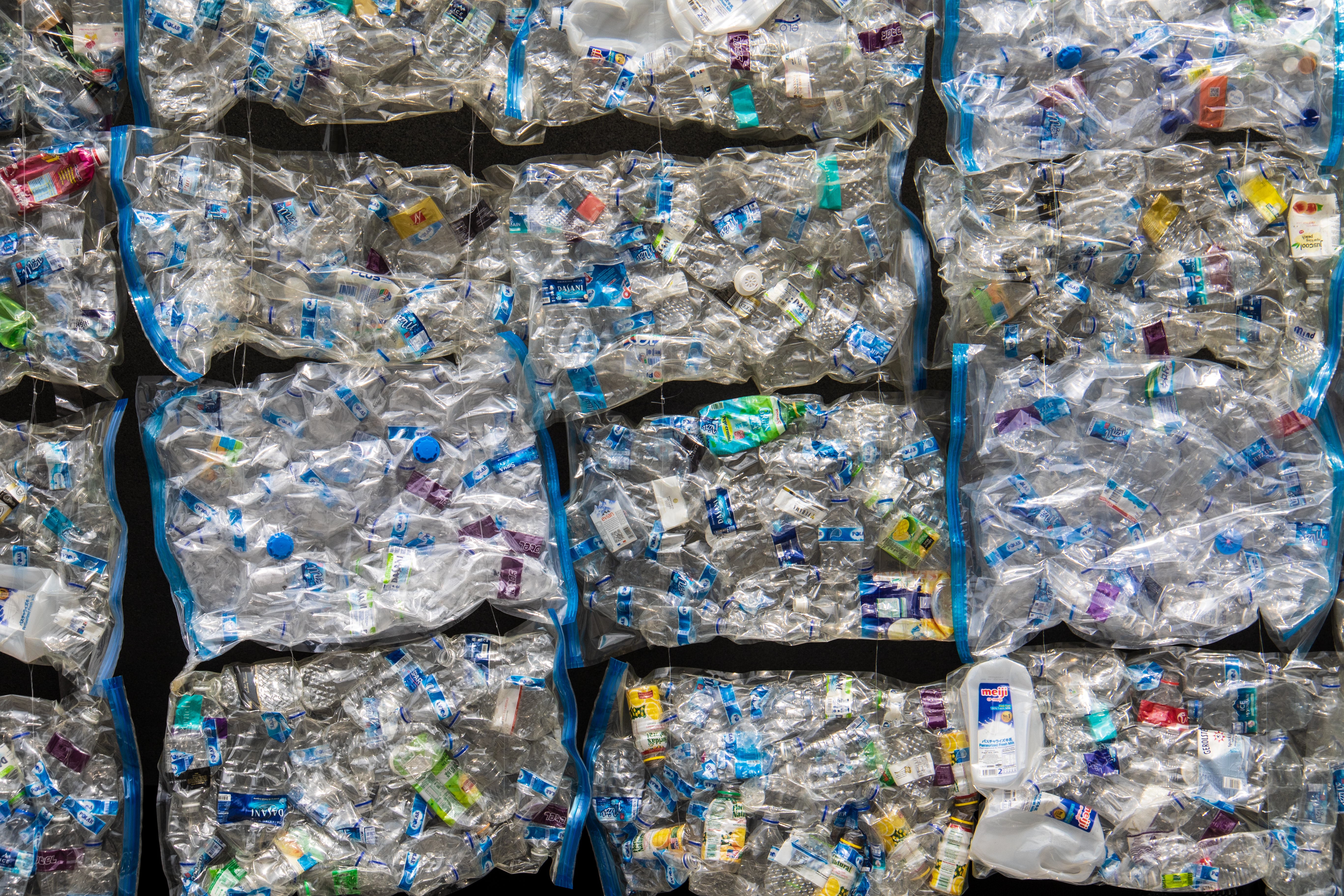
What makes an ideal partner for a startup and for a larger corporation? What would your advice be to those seeking and maintaining partnerships?
MD: For large corporations, they have to be ready to move outside of their normal practices. They can make carve-outs for these types of companies that don’t really fit their typical supplier or vendor profile for example. It’s having the patience to say something like this startup can only handle three new integrations this year. They can’t do 50, so we’ll start with the top three priorities. After that, we can look at doing maybe six the next year and so on and so forth as to not overwhelm the startup.
From a startup perspective, you have to be regimented in not over-promising and then having to under-deliver. I work at such a big company that sometimes we don’t know the extent of all the outreach that’s going on across all of the organizations within the business. When we have a great startup, we feature them in our company newsletter, or they’re in a big workshop that we run where 700 people are on the call from all different countries and zones, who then might tell someone else within the business about them. This startup is all of a sudden getting 50 emails a day from people within the company who are interested in different applications of the technology within their purviews.
Not to say that they can’t do business with all of those groups eventually, but just making sure that they’re managing their own process and what their own capacity and capabilities are. One of my old colleagues used to say that if you try and hop on a carousel while standing still, it will knock you right off. But, if you’re running alongside it and then hop on, you’re much more likely to make it.
VK: Your hearts have to meet; it’s not just the minds. You have to feel good talking to each other, and when that happens, you create a win-win scenario. You cannot do that with just one person trying to take it all.
The last thing would be that these collaborations have to be long-term. We are organisms together on this planet, which has had a 3.8 billion year journey and we’ve only been here for 200,000 years. We have to serve the planet, and we have to do it for the long term to enable that journey to continue in the future. Those would be my little words of advice.
You have to feel good talking to each other, and when that happens, you create a win-win scenario. You cannot do that with just one person trying to take it all.
Ved Krishna
To hear more from sustainability leaders like Maisie Devine and Ved Krishna, join us at Rethinking Materials on May 4-5 and use our discount code ‘HALO10’ to get 10% off your summit pass. The hybrid conference brings together the best of the best across the value chain in the materials and sustainable packaging space.
Devine and Krishna will be featured in “Corporate Innovation: Investing in Ideas for Sustainable Packaging Solutions”, a panel alongside Erik Olsen, Packaging & Identification Manager at IKEA, and Tony Perrotta, PA Sustainable Materials Expert at PA Consulting. Find the rest of the conference agenda here.


